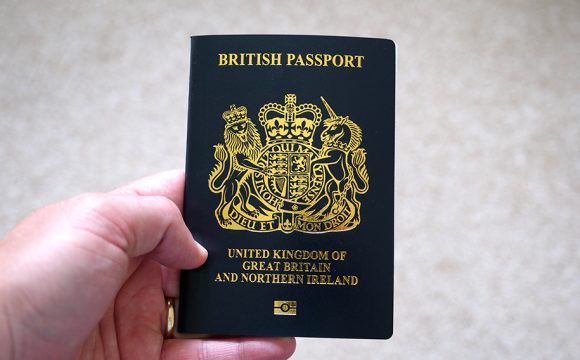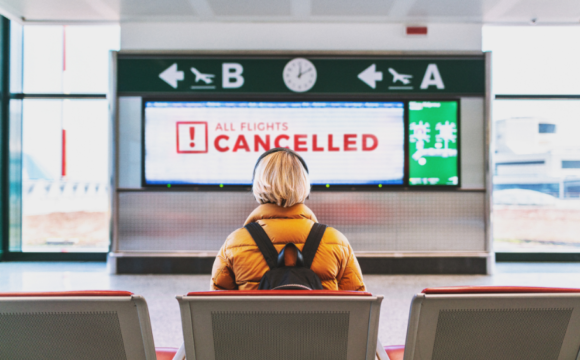The experts at Travel Lens have revealed some of the things people can do before and during a flight to reduce air sickness symptoms.
Ensuring a safe and stress-free holiday can be a difficult task, especially with ongoing delays around the world, this can be intensified for those who suffer from air sickness on planes.
Airsickness, otherwise known as motion sickness, is caused when the body receives conflicting information from the eyes, ears and muscles in regards to movement. This confuses the brain, which can cause nausea, fatigue and dizziness.
There are a few things that can be done in preparation before and during a flight to help combat sickness whilst in the air.
A spokesperson for Travel Lens said: “Air sickness is very common and with plenty of holidays still to come this year, it’s important that people can enjoy them fully without the added stress of feeling ill on the plane.
“For some people, sickness may be a persistent problem when travelling, but there are certain things that can be implemented to help ease any symptoms.
“Getting adequate rest, staying hydrated and eating a balanced meal can help to put you in the best position before flying, especially on longer journeys.
“Whilst on the plane it’s important to stay as calm as possible and by making small adjustments you can reduce the effects of airsickness.”
Pick a seat carefully
Typically the middle, the wing and closer to the front of the plane are the best places to sit as this is where the journey feels most stable. Avoid the back of the plane as seats here can be subject to more turbulence.
Switch on the air
Fresh air can help to ease feelings of dizziness and nausea so it’s important to utilise the air vents above the seats to keep the air circulating.
Put the book down
Reading books can usually be relaxing however, for sufferers of motion sickness it can be quite the opposite. The best thing to do instead of reading is to try to relax and focus on breathing.
Fix your gaze
Focusing on a fixed horizontal line will help the body to make sense of the confusing array of movements. The more stability the brain has, the less likely airsickness symptoms will occur.
Avoid alcohol
Alcohol can dehydrate the body quickly and this can exacerbate symptoms, so it may be best to opt for a soda. Wait until symptoms have completely subsided before you consider having a drink or until you land.
Screens away
Similarly to a book, staring at a phone, tablet or laptop screen may feel comforting but it can actually add to the confusion in the brain. When experiencing airsickness it’s best to limit the amount of moving stimuli in order to give the body the best chance of feeling relaxed.
Choose food wisely
Although it’s a good idea to eat a good meal before flying, make sure to choose the food wisely. Steer clear of greasy and spicy foods as these can unsettle an already nervous stomach.
Get comfy
Some airlines have seats that can recline which will help to relax the body as opposed to sitting completely upright. Consider taking a travel pillow to ease the strain on the neck throughout the flight and put any unnecessary items in the overhead storage, to ensure the most comfortable environment for dealing with any sickness symptoms.
Ginger
Some studies have suggested that consuming ginger before heading off on a flight can help to stop feelings of nausea. Whether it’s taken as a supplement, in raw form or even as a can of ginger beer, it’s definitely worth a try.
















